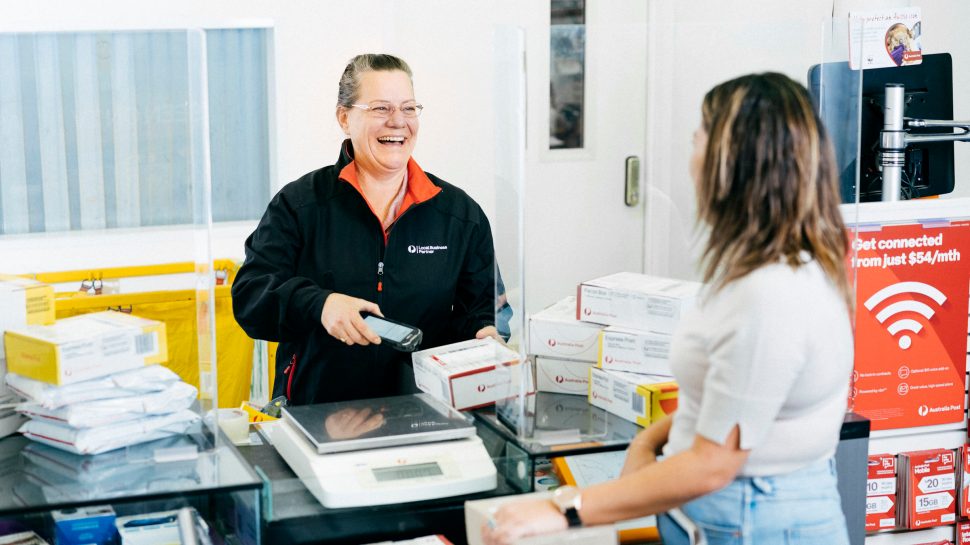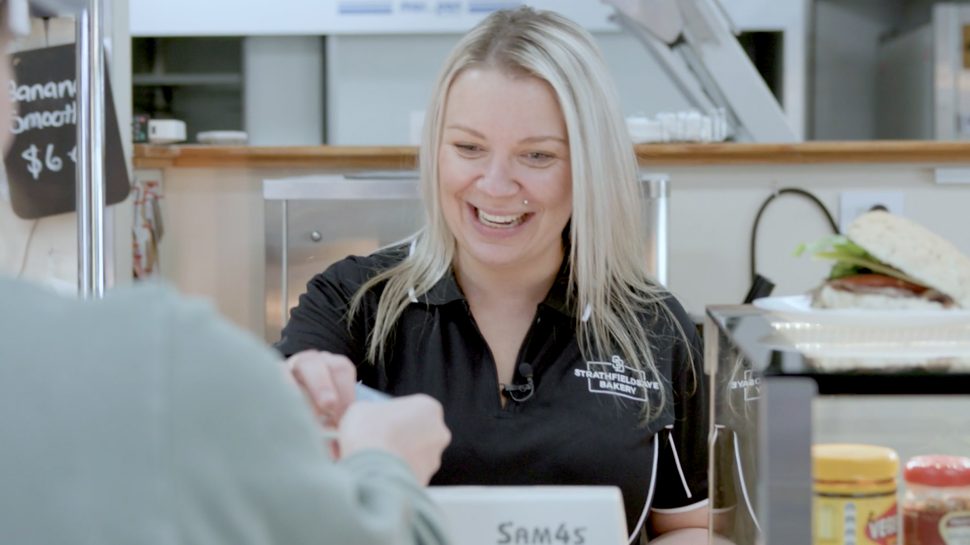
How the AusPost app gives your customers a safe and positive delivery experience
How the AusPost app gives your customers a safe and positive delivery experience
The last mile delivery experience is a key part of the online shopping process – and one that’s also frequently targeted by scammers. The AusPost app helps businesses protect customers from delivery scams while also giving them more control over their deliveries.












